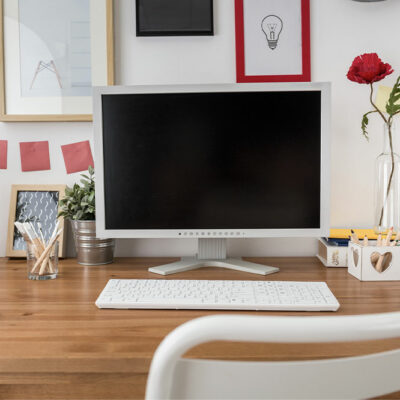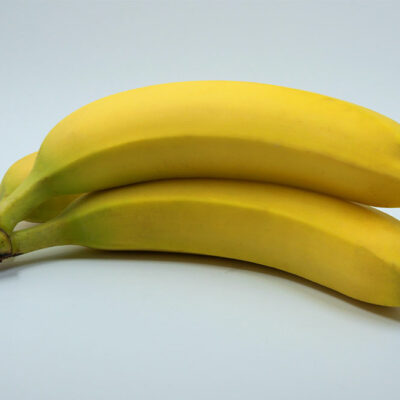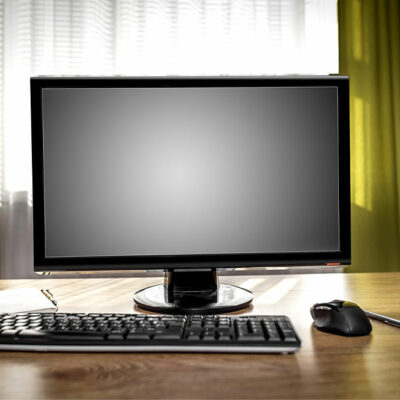
8 Best Times to Drink Water
Water is essential for the overall well-being of humans as it constitutes 75% of the body. It is crucial in managing all bodily functions. Staying hydrated also protects us from many harmful diseases. Therefore, drinking ample water daily is necessary to keep a person hydrated and healthy. However, do you know that the time one drinks water may impact the body’s overall functioning? Read on to learn about the best times of the day to drink water.
Upon waking up in the morning
When a person wakes up in the morning, the first essential thing to do is to hydrate the body. The body undergoes a long fasting period as we sleep, and a person is dehydrated for a longer hours of time. Drinking a glass of water first thing in the morning is an easier way to maintain proper hydration habits and boost fluid intake throughout the day. Though there is not much evidence that drinking water when one wakes up in the morning is beneficial, some people believe it works for them. Despite these uncertainties, one thing everyone admits to is that it helps maintain a healthy hydration routine. Increasing the hydration level helps improve energy, improve one’s mood, and boost brain function.
Before having a meal
It is best to drink ample water 30 minutes before a meal. It will create a feeling of fullness and prevents overeating. Never drink water immediately before, after, or during a meal because this will dilute the digestive juice and impair digestion. It is constructive advice for older adults , as it helps to reduce the intake of more calories during the meal. Consuming water before meals is also an efficient way to promote hydration in the body. So, keeping a 1l filter water bottle handy will help a person drink the usually recommended quantity of water.
Pre and post-workout
Drinking water before and after a workout session is always good and necessary. It is because, during the workout, the body will lose water and electrolytes from the body through sweat. Therefore, drinking water before and after exercise is essential to keep up the water level and electrolyte balance, preventing dehydration. This also aids in maximizing performance. For a moderate physical activity like jogging, a walk in the morning, etc., drinking water thirty minutes before starting the workout is suggested.
Before bedtime
If a person feels thirsty before going to bed, one can drink less than a full glass of water. However, the optimal time to consume the last glass of water is two hours before hitting the bed. Drinking more water in the two hours before going to bed will wake a person up in the middle of the night to go to the bathroom, disturbing one’s sleep. This will impact one’s quality of sleep. Those undergoing specific treatments also suffer from a dry mouth. One can bring a glass of water to the bedside before going to bed, in case one feels thirsty in the night. It is best to maintain good health and hydration throughout the day.
Migraines and headache
Migraines and headaches are severe concerns if they happen daily. It has been found that headaches may occur because of dehydration, one of the significant signs. Along with minor headaches, dehydration is also said to promote migraine attacks. So, always staying hydrated may help reduce the severity and frequency of migraine. However, consulting a healthcare provider is essential for understanding their real cause since it can also result from several other underlying diseases.
When hunger strikes
Sometimes, when one feels hunger striking, there are chances that a person is thirsty. Most people confuse thirst with hunger because, often, thirst signals can be weak, and a person will fail to differentiate the two conditions. The brain recognizes these triggers similarly. Therefore, drinking some water first is the best way to check it. After having some water, it is best to wait to see whether it satisfies one’s urge to eat.
When a person feels fatigued
When a person feels fatigued after heavy physical activity, drinking plenty of water is the best way to replenish the fluid loss and regain energy. There is also a need to cool down the body by having plenty of water.
Midafternoon to avoid the slump
The midafternoon dip, a loss of energy that typically occurs about 3 p.m., is common. Many people buy coffee to get through this slump, however this beverage choice can interfere with one’s sleep. Previous studies have demonstrated that caffeine consumption even six hours before bedtime interferes with sleep quality when compared to a placebo. Similar unfavorable outcomes can result from reaching for a sugary food, such as an energy collapse following a surge. Instead of relying on these ineffective options, deal with the underlying issue, which may be dehydration. According to a study, dehydration can also lead to irritability, aggression, confusion, and depression in addition to exhaustion. So, drinking water on a regular basis helps ensure that one’s energy and mood stay stable.
Conclusion
Our body strictly regulates fluid balance. Therefore, drinking excess water is also not beneficial; in fact, it might harm the body. Drinking too much water than needed can lead to bloating, headache, brain fog, and nausea. It can lead to a dangerous drop in blood sodium levels in severe conditions. One of the most important things to remember is to always keep oneself hydrated. Most of the time, a person experiences a dry throat or headache when the body needs water. Therefore, one should drink an adequate quantity of water by knowing the body’s need for fluids.
If a person is looking for a carbon-neutral certified water bottle, one should opt for Icelandic glacial natural spring water. It is considered one of the cleanest and healthiest waters in the world.


